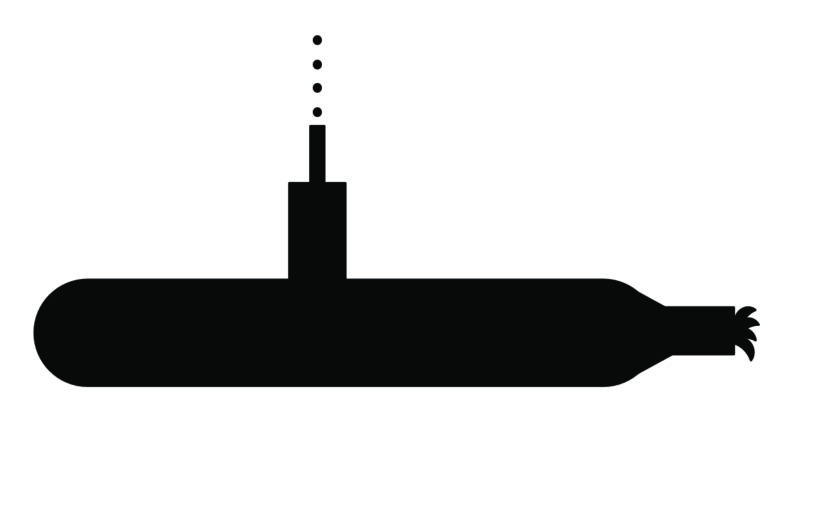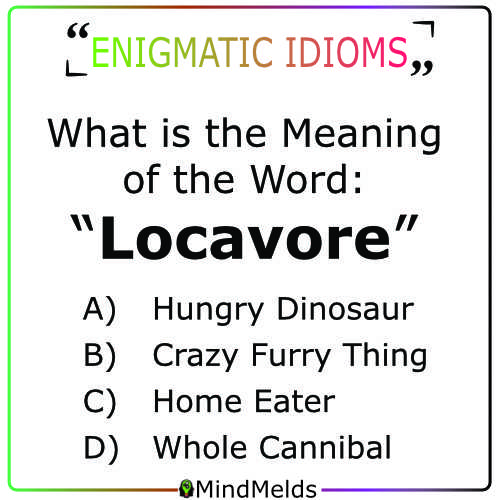Hint & Puzzle Answer is below!
Last Week’s Puzzles with Answers
Did you know?
For some individuals, participation in cognitive activities pertinent to game playing may help prevent AD by preserving brain structures and cognitive functions vulnerable to AD pathophysiology.
Study supported by National Institute on Aging – Participation in cognitively-stimulating activities is associated with brain structure and cognitive function in preclinical Alzheimer’s disease
A challenge facing many families is how to detect the early onset of dementia and possibly Alzheimer’s disease in their family unit. An easy to test supplement to clinical detections of cognitive decline has been suggested in StatNews, as being as simple as to look at the concerned person’s bank account. Instances of impaired financial decision making can apparently appear much before the emergence of traditional symptoms.
Bank Account Vigilance
The StatNews article speaks of examples of impulsive and irrational financial decisions as signalling a change from prior financial values, traceable to the nature of financial decisions that necessarily utilize multiple ares of the brain simultaneously. As this form of decision-making having to use such mental horsepower, subtle changes may become more apparent at earlier stages of impairment.
A question that comes to mind is whether use of brain games could also form a proxy for early detection of the onset of cognitive impairment or decline. As for instance, logic games, brain teasers and word puzzles tap into decision making, memory and other executory functions dealing with cognitive abilities. This is not to say that such games should necessarily be used as a cognitive test of sorts, but rather that playing these types of games and seeing cognitive impairment could at least open the door to potential enquiry of a person’s wellbeing. Such observation supports playing such games in a social context that of course has its own related benefits. As provided by the Alzheimer Society of Canada in their online “Challenging your brain” series, self play could also alert someone to cognitive issues.
Game Playing Benefits
Participation in cognitively-simulating actives has been associated with beneficial brain health and cognition for certain individuals among those at increased risk for Alzheimers disease (study). This study found association between frequent game playing and cognitive function. Referenced within the study was also prior research that determined the onset of accelerated memory decline was actually delayed among dementia patients that performed crossword puzzles. Frequency of game playing appeared to be positively associated with performance on key cognitive elements related to speed, flexibility, verbal learning and memory. The memory findings were especially of interest as decrements in episodic memory are a feature of Alzheimer’s Disease, even in earliest stages. The speed and flexibility attributes related to essential executive functions for navigating demands of daily life. Overall, their findings suggested that frequent engagement in cognitive activities could be a buffer against cognitive deterioration, and that games playing could potentially occupy a unique position in the promotion of brain and cognitive health.
Puzzle
Which way is the sub going?

Skills
Attention to Detail, Logical Thinking, Visual Logic
Answer
The submarine is going down as it is releasing air to reduce its buoyancy.













